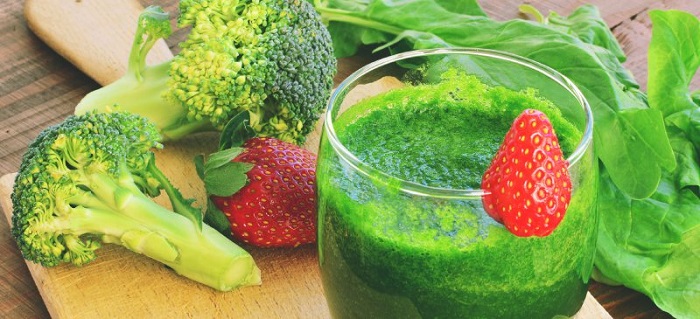
Story at-a-glance
- CoQ10, short for coenzyme Q10, is a substance naturally produced by the human body
- CoQ10 can provide positive impacts to cardiovascular health. Because the heart is an energy-hungry muscle, insufficient energy may cause the heart to not function properly
- Before taking any dose of CoQ10, talk to your physician to help determine the ideal dose for your needs
Did you know that your body already contains a substance that naturally sustains energy?
The human body is pretty incredible when you take a look at all of the nutrients that help us flourish throughout our lives. One of those amazing nutrients is Coenzyme Q10 (Co Q-10), a fat-soluble substance naturally found and produced by the human body. This is one of the most important components of the body when it comes to helping you age gracefully.
Heart disease is a major illness affecting Americans today, and this condition doesn’t just take its toll on a person’s health, but on his or her wallet too. So much money has been spent on medications like statins that aim to treat heart disease.
At the moment, at least 1 in 4 Americans over 40 years old are taking statins. However, statins have been linked to the onset of heart disease, because these interfere with some important heart nutrients. This can lead to serious consequences for your heart and other muscles.
To help combat the negative effects of statins, CoQ10 supplements might be a helpful supplement. Keep reading to learn how CoQ10 can benefit your health, what it’s commonly used for and the ideal dosage required when taking it.
What is CoQ-10???
Concentrated in the heart, kidneys, liver, and pancreas, CoQ10 is an essential component to health, as it is needed by every cell in the body. Co Q-10 acts as an antioxidant in the body as it fights free radicals that contribute to aging and cell damage. The active form of Co Q-10 is called ubiquinol. All animals (and this includes humans) can create CoQ10. Some people have a little more trouble than others producing this coenzyme, and with age, it naturally declines.
CoQ-10 in food
Knowing about where CoQ10 is found in the body, it probably isn’t surprising that common food sources of this nutrient are organ meats, like hearts, livers, and kidneys. There are other food sources of Co Q-10, including beef, chicken, pork, sardines, soybean oil, oranges, and spinach.
CoQ-10 and energy
One of the major roles of CoQ10 is that it assists with converting food into energy in the body. This energy is what helps to fuel our brains and our bodies, something we don’t always think about on a daily basis, especially since this process begins deep within our cells, inside of the mitochondria. You might remember from science class that mitochondria are known as the “powerhouses” of our cells. This means that they act like microscopic digestive systems within our cells, converting food into nutrients the body can use. CoQ10 also helps other enzymes properly do their jobs. This process has a chain reaction that positively influences other parts of the body, including the heart.
CoQ-10 and heart health
Most people already know CoQ10 plays a role in supporting heart health.** As part of the energy production process, CoQ10 supports cardiovascular wellness and promotes normal blood pressure levels.
Who needs Co Q-10?
Because CoQ10 declines with age, some individuals over the age of 40 may have trouble maintaining levels of this enzyme. This is especially true for people taking statin medications.
Statin medications are typically prescribed to people with high cholesterol, and they tend to lower Co Q-10 levels in the body.
Co Q-10 supplements may counteract this impact from statin medications and help replenish CoQ-10 levels in the body.
Co Q-10 and skincare
Co Q-10 truly keeps the body nourished from the inside out! In addition to serving as an antioxidant for cells, CoQ-10 is an ingredient in many skincare products and serves as an aging biomarker for the skin. Everyday, the skin is exposed to stress from the environment, the foods we eat, sweat, and more. These external factors do influence the health of the skin. The antioxidant properties of CoQ-10 may help skin maintain its radiance as it ages.